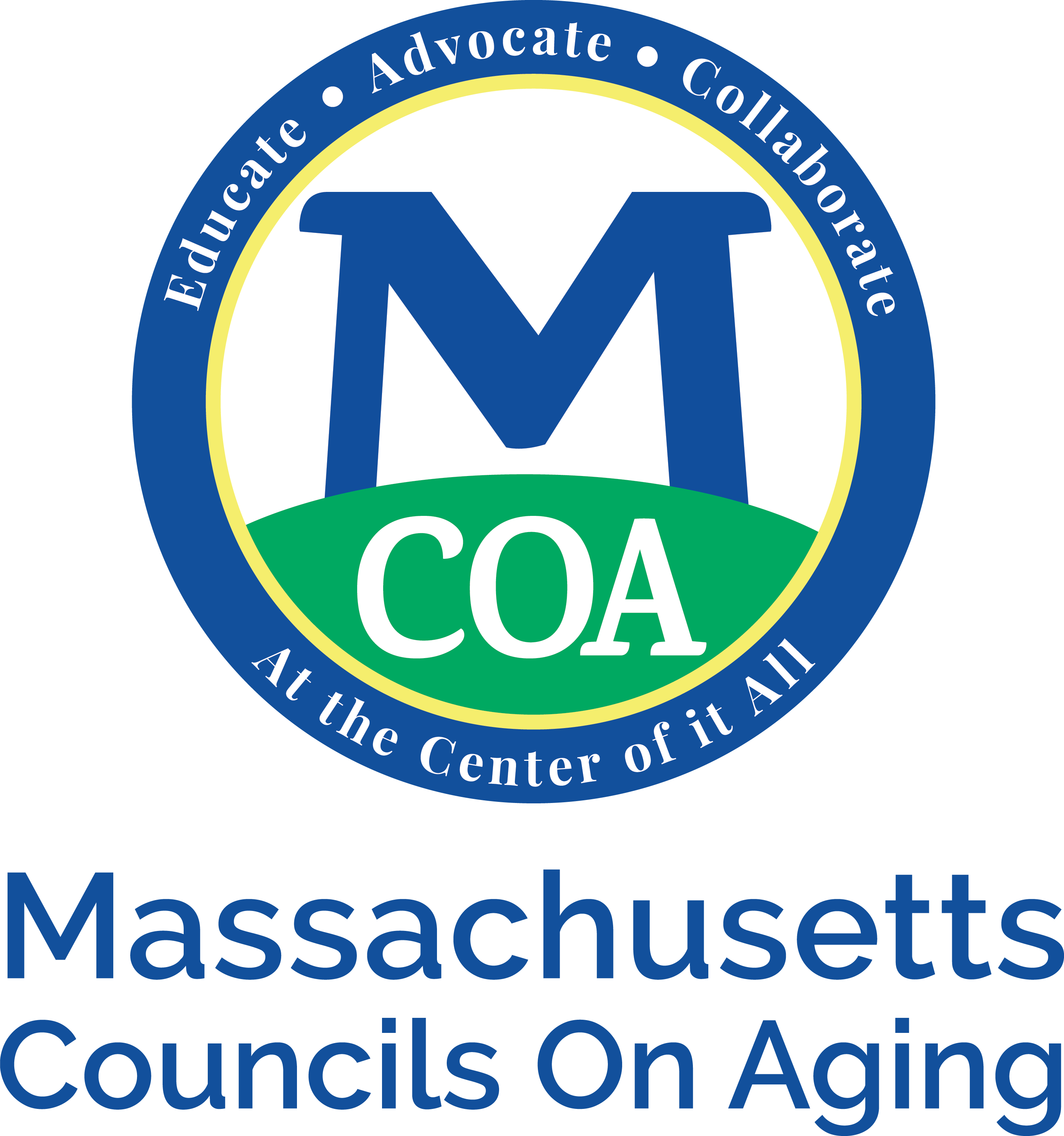 February is a month of love, but it’s also a time to raise awareness about critical health issues affecting women, especially African American women and older adults. With Valentine’s Day symbolizing love and connection and World Pulses Day (February 10) promoting heart-healthy nutrition, it’s the perfect time to discuss how we can show love to our hearts and bodies.
February is a month of love, but it’s also a time to raise awareness about critical health issues affecting women, especially African American women and older adults. With Valentine’s Day symbolizing love and connection and World Pulses Day (February 10) promoting heart-healthy nutrition, it’s the perfect time to discuss how we can show love to our hearts and bodies.
The Link Between Heart Health and Cancer
Heart disease and cancer are the two leading causes of death among women in the United States, particularly for older adults. While they may seem like separate health concerns, they are closely connected. Cancer treatments—such as chemotherapy, radiation, and hormone therapy—can increase the risk of heart disease, especially in aging adults whose cardiovascular systems may already be weakened. Additionally, both heart disease and cancer share common risk factors, including poor diet, lack of physical activity, and chronic stress.
African American women, in particular, face a higher risk for both conditions. They are more likely to develop heart disease earlier in life and experience more aggressive forms of breast cancer. Social determinants of health—such as limited access to nutritious foods, healthcare disparities, and high levels of stress—play a significant role in these health inequities.
Why Heart Health Matters for Women, Especially Older Adults
Women often experience different symptoms of heart disease than men, making it harder to recognize the warning signs. Instead of the classic chest pain, women may feel shortness of breath, nausea, dizziness, or jaw pain. Unfortunately, heart disease is sometimes overlooked in women, leading to delayed treatment and worse outcomes.
For older women, the risk increases with age due to factors such as:
- Arterial Stiffening – Blood vessels lose elasticity, making it harder for the heart to pump efficiently.
- Menopause-Related Changes – Declining estrogen levels can lead to higher cholesterol and increased cardiovascular risk.
- Weakened Heart Muscle – Aging can lead to heart failure, where the heart struggles to pump blood effectively.
- Multiple Chronic Conditions – Many older adults manage conditions like diabetes, high blood pressure, and arthritis, which can compound heart health risks.
For older African American women, the risks are even more pronounced. According to the American Heart Association, nearly 50% of Black women over the age of 20 have some form of heart disease, with numbers increasing significantly among seniors. High blood pressure, obesity, and diabetes remain leading causes, yet many of these conditions can be managed through lifestyle changes.
To learn more about the risk and signs of heart disease and to increase awareness, visit www.goredforwomen.org
World Pulses Day: A Celebration of Heart-Healthy Foods
One simple yet powerful way to support heart health is through nutrition. That’s where World Pulses Day, February 10 comes in. Pulses—such as beans, lentils, chickpeas, and peas—are packed with fiber, plant-based protein, and essential nutrients that support heart health.
For older adults, pulses are particularly beneficial because they:
- Help lower cholesterol naturally, reducing the risk of heart disease.
- Are high in soluble fiber, aiding in digestion and preventing constipation, a common issue in aging.
- Are gentle on blood sugar levels, making them great for those managing diabetes.
- Provide plant-based protein, which is essential for maintaining muscle strength and bone health.
For African American women, incorporating more pulses into traditional dishes can be a delicious and health-conscious choice. Try adding black-eyed peas to salads, making lentil-based soups, or substituting beans for meat in stews.
Show Your Heart Some Love This Valentine’s Day
This Valentine’s Day, go beyond chocolates and flowers—show love to your heart and encourage others to do the same. Here are a few heart-healthy ways for older adults to celebrate:
- Cook a Heart-Healthy Meal – Prepare a meal rich in pulses, vegetables, and healthy fats.
- Move Together – Engage in low-impact activities like walking, swimming, or chair yoga.
- Get Screened – Regular check-ups for blood pressure, cholesterol, and heart function are crucial as we age.
- Stay Socially Connected – Loneliness can contribute to heart disease; spend time with loved ones or join community groups.
- Spread Awareness – Share information about heart disease and cancer prevention with the women in your life.
A Lifetime of Love for Your Heart
Aging doesn’t mean giving up on good health. In fact, it’s never too late to make lifestyle changes that benefit your heart. By embracing heart-healthy habits, staying active, and making mindful food choices, older adults—especially African American women—can take control of their heart health and overall well-being.
This February, let’s celebrate love—not just for others, but for our hearts and our health.


